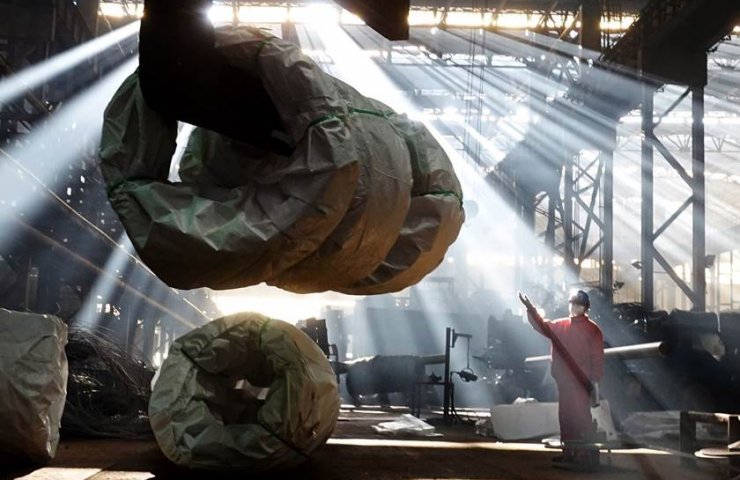The seven provinces that have remained under ISIS occupation have experienced the most destruction. In addition to infrastructure, residential and commercial buildings were damaged and millions of people fled these regions. Reconstruction work began in the affected areas after the defeat of the terrorist organization.
In February 2018, Kuwait hosted a three-day international conference on the reconstruction of Iraq. Several countries have pledged to provide financial support to Iraq. France provided $ 1.1 billion in aid and the EU pledged $ 450 million. So far, of the $ 88 billion needed to rebuild the country, Iraq has managed to raise only $ 30 billion at the start of 2019.
Thousands of reconstruction projects have not yet begun in the country. However, 34 percent of the total funding needed to rebuild Iraq has already been spent. Unfortunately, Iraq, which is capable of raising billions of dollars for reconstruction, does not have an adequate transparent spending system. Currently, efforts are being made in the country to create a special department, which will become an authorized body for more efficient and effective spending of funds for reconstruction.
Iraqi Steel Market - Supply Side
Blast furnaces prevail in Iraq, and there are also many electric furnaces for smelting steel. Its total steel production capacity is about 2 million tons per year. Iraq is trying to increase steel production to meet its domestic demand. There are currently several steel producers and rolling mills operating in Iraq based on scrap raw materials.
State-owned Iron and Stel (SCIS) has remained closed since 2003 due to obsolete equipment and factory damage during the war. The company's rehabilitation plan is underway with an investment of $ 220 million. At the first stage, the plant will be able to produce 500 thousand tons of long products. The plant is expected to resume operations at the end of 2019.
Al Anmaa Co is a steel producer based on blast furnace production with a billet capacity of 435 thousand tons and 300 thousand tons of reinforcement. Erbil Steel has an annual production of about 200 thousand tons of rebar. FF Steel operates a rebar plant in Erbil in Kurdistan with an annual production of 535 thousand tonnes. IPBD operates a mini-rebar plant in Iraq with an annual production of 100,000 tonnes.
Mass Iraq for Iron and Steel Industry Co with a production capacity of 1.25 million tonnes of steel per year produces billets, steel sections and rebar. She also plans to build a pelletizing plant to use iron ore mined in Iranian Kurdistan.
Iraqi Steel Market - Demand
Demand for steel in Iraq will rise substantially as the recovery process begins to accelerate. Multi-billion dollar construction projects will provide millions of tons of steel demand in the market. We estimate that housing will account for about 20 percent of the required $ 88 billion renovation spending.
It is estimated that total steel consumption in Iraq in 2018 was about 3.2 million tons. With construction and infrastructure spending increasing, we expect steel demand to rise in the coming years. Demand will also be supported by demand for steel pipes and pipes, which will be required to rebuild damaged refineries.
Iraqi steel market - domestic and imported steel
Most of Iraq's steel demand is expected to be met through imports. Steel imports to Iraq rose from nearly 1 million tons in 2008 to 4.5 million tons in 2013, but then fell to 2.3 million tons by the end of 2017 due to the war between Iraqi forces and ISIS. Going forward, we expect that most of the imports will continue to come from Iran, Turkey and the CIS countries.
Iranian steel prices are comparatively lower than in other neighboring countries. This gives Iranian steel suppliers an advantage to export as much as possible. Part of the steel trade is also conducted through a barter system due to US sanctions on Iran. Iraqi steelmakers may also struggle to compete with imported materials due to high production costs, especially in the coming years when scrap prices begin to rise.
Iraq has already raised import duties on steel and other building materials, such as cement from Iran, to protect its local producers. This somehow raised import prices. However, given weak border controls and potential misclassification of steel products, there are still open loopholes for importers to circumvent duties.




